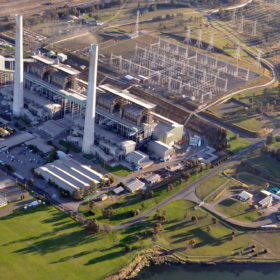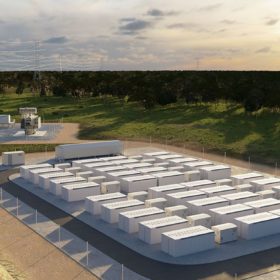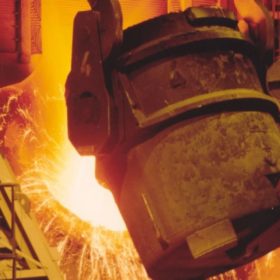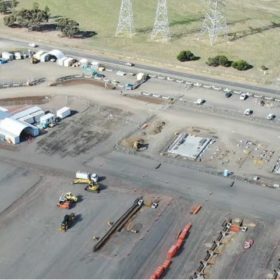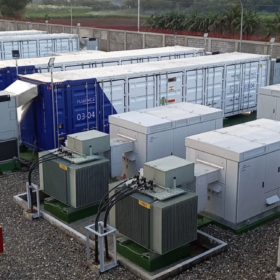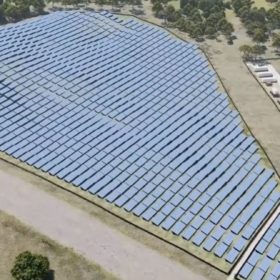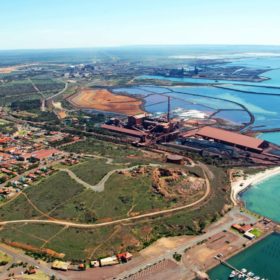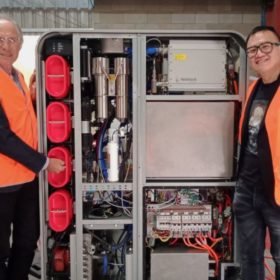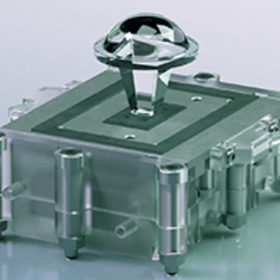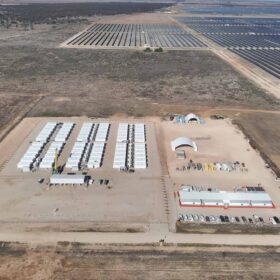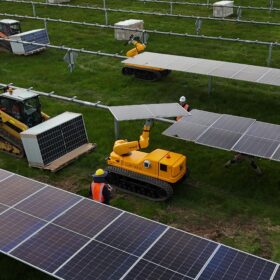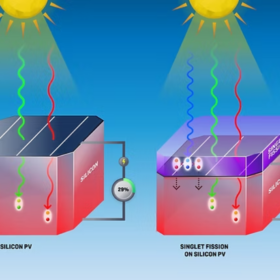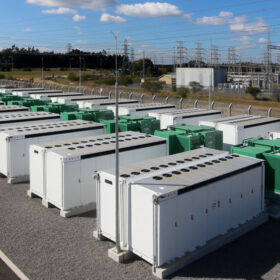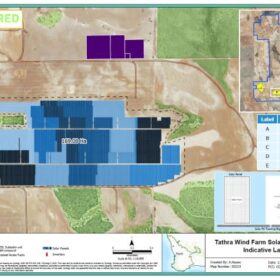AGL commences shutdown of coal-fired Liddell power plant
Australia’s march towards a renewable energy future has reached another milestone with AGL Energy announcing the closure of the first of four turbines at the 1,680MW coal-fired Liddell Power Station, signalling the beginning of the end for the ageing plant.
Chinchilla battery to charge up Queensland’s renewable energy revolution
Queensland government-owned utility CS Energy has announced plans to build a 100MW/200MWh battery near Chinchilla on the Western Downs with the state government identifying large-scale energy storage as fundamental in the state’s energy transition.
Investment cycle means race is on to incentivise green hydrogen
A report published by IRENA hints the world’s politicians will have to get to work immediately to avoid another generation of fossil fuel-fired hydrogen, ammonia, and methanol plants being set up to run into the second half of the century.
Origin accelerates delivery of large-scale renewable energy strategy
Australia’s largest energy retailer Origin Energy has ramped up plans for the delivery of large-scale renewable energy projects as it prepares to replace the capacity set to be withdrawn from the grid with the impending closure of the nation’s biggest coal-fired power station.
Battery prices won’t fall until 2024: IHS Markit
The London-based analyst has published a series of clean tech predictions for the year which also highlighted the rising proportion of sub-5MW solar projects in the global market, and cheaper clean energy financing costs even as panel prices continue to rise.
Daintree microgrid gets go ahead after government signs $18 million deal
Construction of an innovative solar to green hydrogen microgrid in the Daintree Rainforest is set to commence with the Federal Government signing off on a multi-million-dollar deal to bring renewable power to communities in the World Heritage-listed region in Far North Queensland.
Weekend read: The changing geopolitics of green hydrogen
With 90% of world economies committed to net zero targets, the disruptive nature of the energy transition is becoming clear. Climate targets require us to triple renewable energy capacity by 2030, phase out coal by 2040, end fossil fuel subsidies, and ensure support for a just transition. While hydrogen is sure to be a key technology in this energy transition, the exact role it will play is not yet clear, reports Felicia Jackson.
State opposition taps Whyalla to host $593 million green hydrogen plant
The South Australian industrial city of Whyalla has been revealed as the preferred location for a $593 million green hydrogen project that the state opposition plans to build if it wins this month’s state election.
Australian hydrogen battery technology to be tested in UK
Australian technology company Lavo’s innovative energy storage system – based on storing green hydrogen in a patented metal hydride – has attracted the attention of the UK government which has provided financial backing to allow for a demonstration facility to be installed in England’s northwest.
Hydrogen Stream: Brits approach Australia to boost bilateral cooperation, Aussie engineers join asset-building consortium
Looking to deepen their hydrogen collaborations, the UK government last week spoke with Australian politicians. Meanwhile Australian engineer Worley has entered into an MoU with ABB and IBM to develop an “integrated, digitally enabled solution for facility owners to build green hydrogen assets more quickly, cheaply, and safely.”
